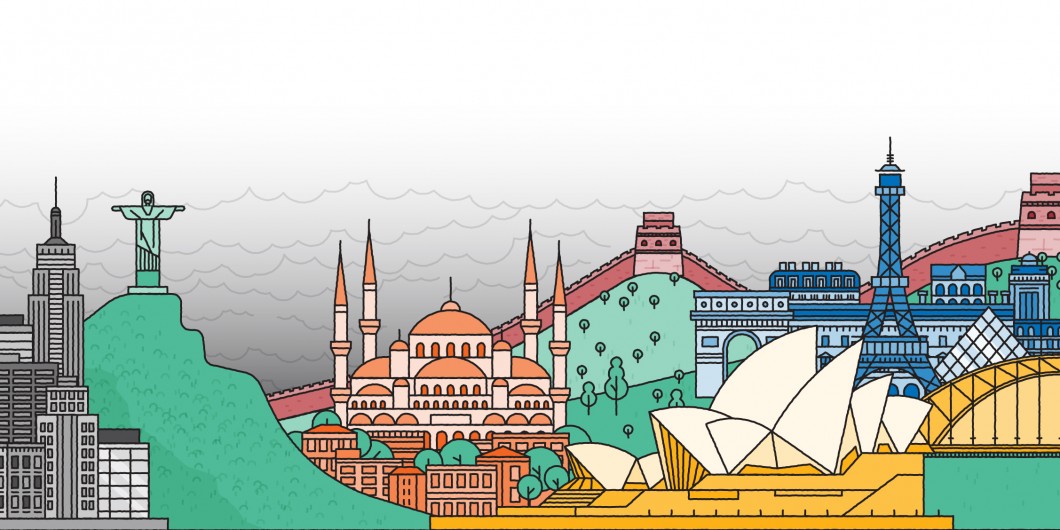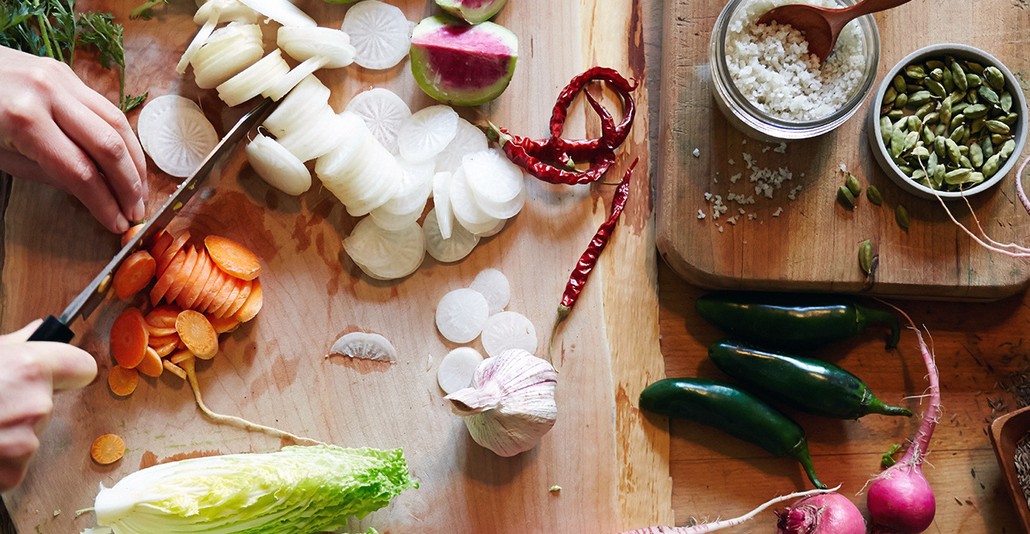Updated on November 9, following results of the U.S. elections
This morning, more than ever, political news confirms that we are living in a complex world. The discourse has changed and is largely influenced by a new divide. We have shifted from a world split between left and right to a society being torn apart by those who are open to the world and those who are not, between optimism and pessimism, between those who break down walls and those who want to build them. Navel-gazing is what won this election and, as citizens and communicators, we have to recognize that fact.
All around the world, millions of people have been made to feel insecure by demographic shifts, a rise in inequality and fear of the other. This has caused a turning inwards that paved the way for the Trump phenomenon, Brexit and the Scottish referendum. In short, there is uncertainty everywhere and we’re all feeling it.
These undercurrents were the focus of the most recent Prosumer Report, Pride and Prejudice: Shifting Mindsets in an Age of Uncertainty, based on a study conducted by Havas earlier this year. Some 12,000 people were surveyed to learn more about the rise of neopatriotism, the challenging of the democratic process and the increasingly more blurry line between security and personal freedom.
Fear sells
When Severe Acute Respiratory Syndrome (SARS) hit, sales at Clorox went through the roof. When Zika came on our radar, OFF! saw a spike in profits. Another mass shooting in the U.S.? Gun sales explode. Fear is one of the most solid drivers of human motivation and is easily translated into new opportunities for brands.
This crisis climate is as destabilizing for managers as it is for consumers. Pessimism is a barrier to consumption and investing in companies. Collectively, brands have an interest in resolving these tensions as it will help the economy. Individually, the most resourceful brands position themselves as a shelter from the storm, or as symbols of stability in a hostile world.
But even if your products don’t address a specific fear, your brand can still thrive in this climate. To get there, you have to offer consumers the reassuring security of what’s familiar. And with last night’s election results, consumers need it more than ever.
Patriotism, materialism and… altruism
Three-quarters of those surveyed indicated they would feel happier if they had more money. Hardly surprising. After all, who would refuse a few extra dollars? However, in the west, there is ongoing tension when it comes to consumption. Past Prosumer Studies showed that a majority of respondents believe they could live happily without most of the items they own and that they would like to consume less. But 42% said they feel happier when surrounded by the things they love and little more than one in five indicated that they would be happier if they owned fewer objects.
To resolve this tension between the pleasure of acquisition and the burden of possession, many consumers now choose to buy from more engaged, more responsible (and therefore, less guilt-inducing) brands. Meaningless (empty) consumption attracts the most blame, so many consumers are choosing the less guilty model of responsible or ethical consumption. Buying is quickly becoming a way to support an idea, a cause or a vision of the world. Nearly half of Prosumers, and a third of Millennials, derive happiness from feeling connected to an important cause, so brands have every reason to take a stand on social issues or to associate themselves with a meaningful cause as of way of reaching out to and connecting with consumers.
Presenting your brand as responsible and reassuring is undoubtedly a good way to survive the storm that will only increase in intensity over the coming months and years. Now that so many citizens have voiced their concerns, with the loudest message possible, about being left behind, will your brand be able to meet the challenges of this new reality and offer a reassuring vision to the world?



